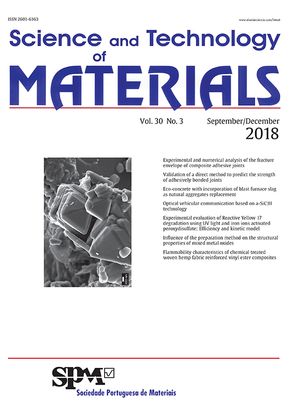Vacuum Insulation Panels (VlP) are presently regarded as one of the most promising state-of-the-art building insulation solutions. Based on their thermal conductivities of about 4 mW/(m K), with a thickness below 40 mm, they have a great potential for near zero-energy buildings (nZEB) and for applications where high insulation standards and living space savings are crucial. However, VIP are still unaffordable for the majority of homeowners and contractors (up to 100 €/m2), mostly due to the cost of the conventional fumed silica used as core material to secure the long service life requirements of building applications. This study presents the early developments of alternative cores engineered for VIP targeting the building market. The adopted strategy is to replace fumed silica with cheaper natural inorganic/organic lightweight materials or, alternatively, by creating multimaterial nanostructured composite matrices. The different compositions were analysed according to their physical, chemical and morphological characteristics and their respective thermal conductivity ranks. Promising lambda values as low as 5.3 mW/(m K) have been achieved for gas pressures below 10 mbar (1 kPa). It is expected that these novel core systems will be capable of suppressing the different heat transfer mechanisms at more reasonable costs than the current VIP fumed silica ones.
Información de la revista
Acceso a texto completo
Alternative low cost based core systems for vacuum insulation panels
Visitas
1576
Flávia A. Almeidaa,b, Jorge Corkera,b,
, Nuno Ferreirac, Miguel A. Netod, Mizi Fane, Hermann Beyrichenf, Roland Capsf
Autor para correspondencia
a Laboratory of Wear, Testing and Materials (Led&Mat), Instituto Pedro Nunes. Rua Pedro Nunes, Coimbra 3030-199, Portugal
b SEG-CEMMPRE – Centre for Mechanical Engineering, Materials and Processes; University of Coimbra, Rua Luís Reis Santos, 3030-788 Coimbra, Portugal
c I3N, Department of Physics, University of Aveiro, 3810-193 Aveiro, Portugal
d CICECO, Materials and Ceramic Eng. Dept., University of Aveiro, Campus de Santiago, P-3810-193 Aveiro, Portugal
e Department of Civil Engineering, Brunel University, UB8 3PH, UK
f va-Q-tec AG, Karl-Ferdinand-Braun-Str., 7, Würzburg D-97080, Germany
Este artículo ha recibido
Información del artículo
Abstract
Keywords:
Vacuum insulation panels
core materials
thermal conductivity
near zero-energy buildings
El Texto completo está disponible en PDF
References
[1]
B.P. Jelle.
Energy and Buildings, 43 (2011), pp. 2449
[2]
S.E. Kalnaes, B.P. Jelle.
Appl. Energy, 116 (2014), pp. 355
[3]
H. Simmler, S. Brunner.
Energy and Buildings, 37 (2005), pp. 1122
[4]
M. Davraz, H.C. Bayrakci.
Sci. Eng. Compos. Mater., 21 (2014), pp. 1
[5]
R. Caps, J. Fricke.
Int. J. Thermophys, 21 (2000), pp. 445
[6]
M. Alam, H. Singh, S. Brunner, C. Naziris.
Energy and Buildings, 69 (2014), pp. 442
[7]
P. Mukhopadhyaya, M.K. Kumaran, N. Normandin, et al.
J. Cold Reg. Eng., 22 (2008), pp. 103
[8]
K. Araki, D. Kamoto, S.-ich Matsuoka.
J. Mater. Process. Technol., 209 (2009), pp. 271
[9]
R. Caps, H. Beyrichen, D. Kraus, S. Weismann.
Vacuum, 82 (2008), pp. 691
[10]
H. Keskinen, S. Romakkaniemi, A. Jaatinen, et al.
Aerosol Sci. Technol., 45 (2011), pp. 1441
[11]
M. Tenpierik.
PhD thesis.
Technische Universiteit Delft, (2009),
[12]
J. Fricke.
Proceedings of 7th International Vacuum Insulation Symposium.
Zurich-Duebendorf, (2005 September 28-29), pp. 5-14
[13]
R. Baetens, B.P. Jelle, J.V. Thue, et al.
Energy and Buildings, 42 (2010), pp. 147
Copyright © 2017. Portuguese Society of Materials (SPM)





